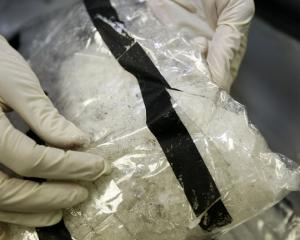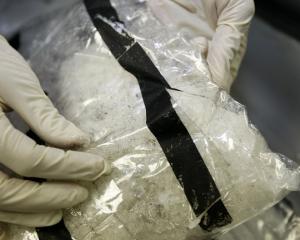Cannabis was again the most common drug detected in on-site workplace tests in the South last year.
However, the number of positive tests decreased.
The New Zealand Drugs Detection Agency (NZDDA) - the only company in New Zealand to provide on-site workplace drug tests - reported the number of tests it did nationwide rose 122% last year, from 13,179 in 2009, to 29,315 on-site screening tests in 2010.
The increase was down to industry standards being updated in 2008 to make on-site drug testing acceptable, and more companies realising that on-site testing was faster and more convenient, communications director Nick McLeay said.
NZDDA Otago-Southland general manager John Galliven, of Dunedin, said more employers were also seeing others implement policies with positive outcomes and going for on-site services as well.
Workers for about 80 companies in Otago, the majority in Dunedin, now faced drug tests using NZDDA services as part of their employment.
Services included staff training sessions about drug use and periodic drug testing at work.
The number of Otago employers using the service had easily doubled in the past year, and the Otago and Southland branches together had experienced about 400% customer growth in the same period, he said.
Mr McLeay said the number of tests nationwide doubled in the past year.
The company, which started in 2005, had grown from two offices across the country in 2008, to 14 offices, with around 30 specialised mobile testing vehicles last year.
In Otago and Southland, NZDDA conducted on-site drug and alcohol testing across a range of industries, including manufacturing, forestry, construction, transport, waste, freezing works and mining, Mr Galliven said.
The drugs they tested for included cannabis, opiates, amphetamine, methamphetamine, cocaine and benzodiazepines.
No one industry was more susceptible to failed tests, he said.
In the South, the percentage of positive tests for cannabis was lower than in 2009, which indicated a cultural change in some workplaces, he said.
However, last year's results did show an increase in the amount of opiates being found in test results.
Most of those drugs were found to be codeine-based medication and were deemed legitimate use, Mr Galliven said.





